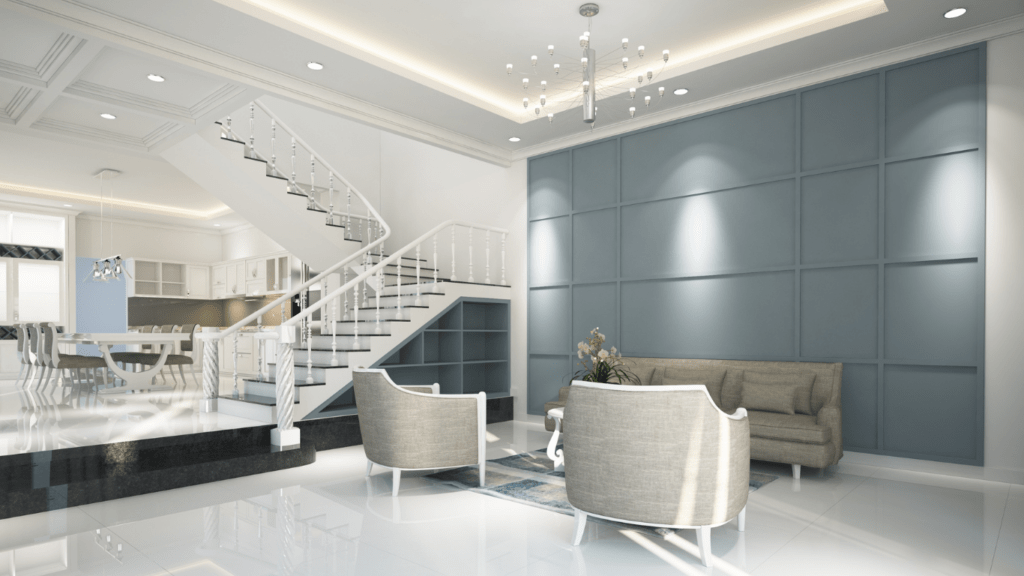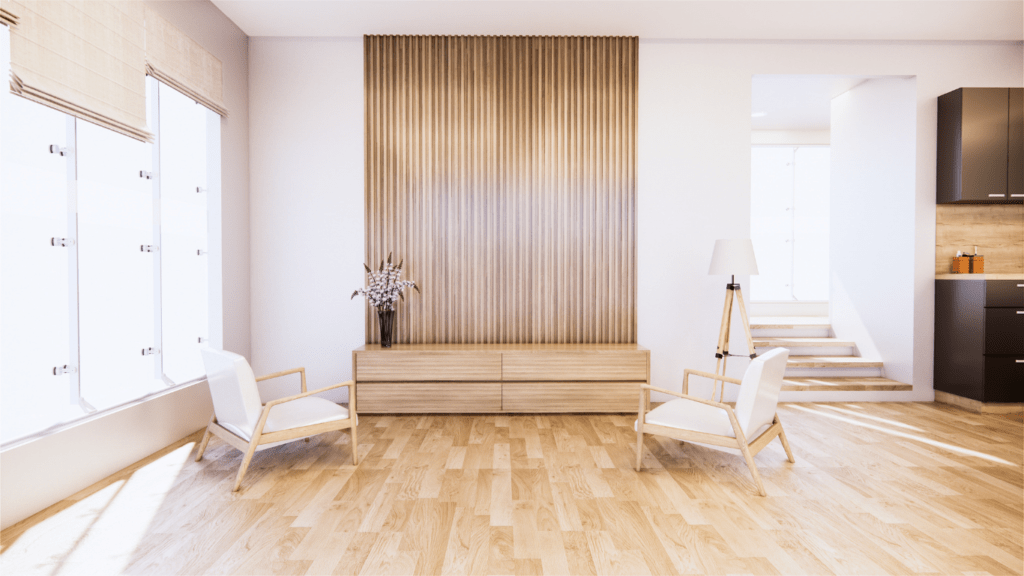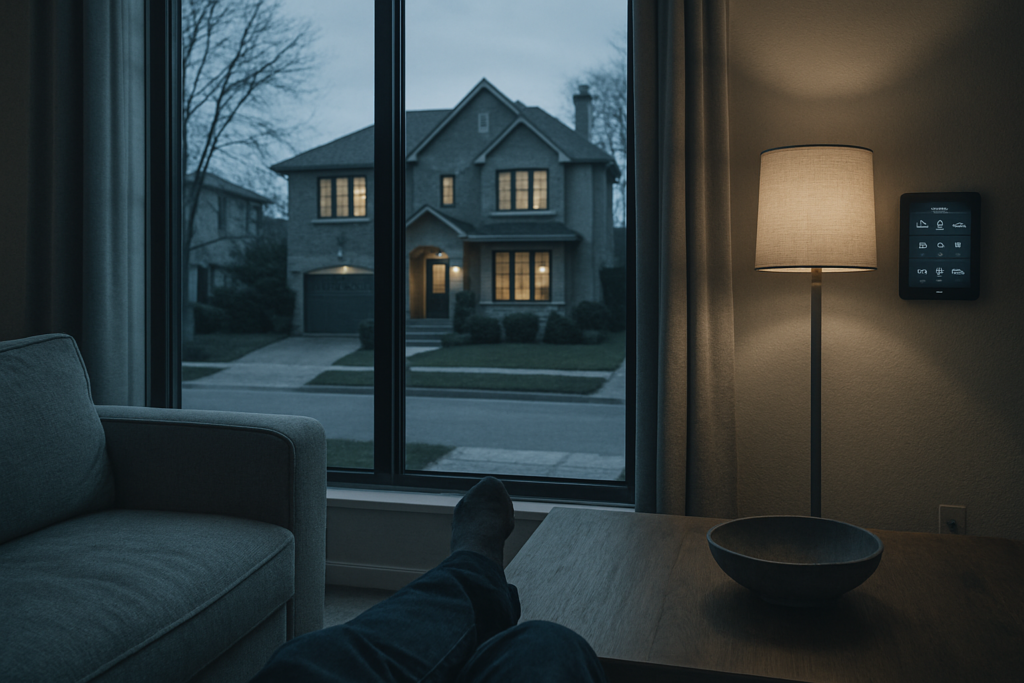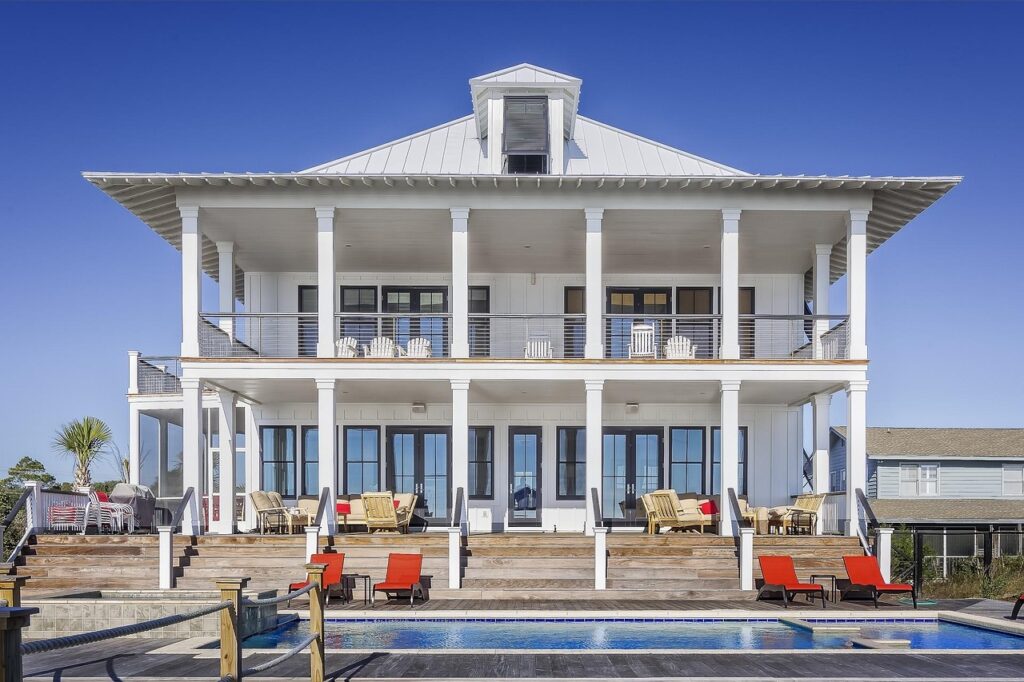In today’s world, the intersection of technology and luxury living has paved the way for a new era of modern residences. As an expert in the field, I’ve witnessed firsthand the transformative power of smart home technology in shaping the way we experience comfort, convenience, and security within our homes.
From automated lighting systems to voice-controlled assistants, these innovations are redefining the very essence of modern luxury living. Smart home technology is not just a trend; it’s a fundamental shift towards a more connected and efficient lifestyle.
As I delve into the role of smart home technology in modern luxury residences, I’ll explore how these advancements are elevating the living experience to unprecedented levels of sophistication and ease. Join me on this journey through the cutting-edge landscape of technology-driven luxury living.
Evolution of Home Automation
The evolution of home automation has significantly transformed the way we interact with our living spaces. From simple programmable thermostats to fully integrated smart home systems, the advancement of technology has revolutionized how we control and manage our homes.
- Inception of Home Automation: In the early days, home automation was limited to basic functions like setting timers for lights and appliances.
- Integration of Smart Devices: The integration of smart devices and IoT (Internet of Things) technology has propelled home automation into a new era.
- Enhanced Connectivity: Modern luxury residences are now equipped with interconnected devices that can be controlled remotely using smartphones or voice commands.
- Automation Capabilities: Automated systems for lighting, temperature control, security, and entertainment have become standard features in upscale homes.
- Personalization and Customization: Home automation systems can be tailored to individual preferences, creating personalized experiences for residents.
- Sustainable Living: Smart home technology also promotes sustainability by optimizing energy usage and reducing environmental impact.
The evolution of home automation continues to shape the concept of modern luxury living, offering unparalleled convenience, efficiency, and sophistication in residential spaces.
Integration of Smart Home Technology in Luxury Residences
As an expert in smart home technology, I’m excited to share how these advancements seamlessly integrate into luxury residences, elevating the living experience to a whole new level.
Efficiency and Convenience Features
I ensure that luxury residences are equipped with the latest efficiency and convenience features through the integration of smart home technology. From automated lighting that adjusts based on natural light levels to intelligent climate control systems that learn your preferences, these features optimize energy usage and enhance comfort effortlessly.
Security and Surveillance Systems
When it comes to security and surveillance, I prioritize the safety of luxury homeowners by implementing state-of-the-art systems. With smart locks, motion sensors, and high-definition cameras that can be monitored remotely, these technologies offer peace of mind and ensure a secure environment for residents at all times.
Impact on Modern Living
Exploring the impact of smart home technology on modern living, I delve into how these advancements have revolutionized the way we interact with our living spaces. With the integration of smart devices and IoT technology, luxury residences have transformed into interconnected hubs of convenience and efficiency.
- Enhanced Convenience: Smart home technology offers unparalleled convenience by allowing residents to control various aspects of their homes with a simple voice command or a tap on their smartphones. From adjusting lighting to regulating the temperature, these automated systems make everyday tasks more manageable.
- Energy Efficiency: The sustainability aspect of smart home technology cannot be overlooked. By optimizing energy usage through intelligent climate control systems and smart appliances, luxury residences are not only reducing their environmental impact but also cutting down on utility costs.
- Advanced Security Features: Security is a top priority in luxury residences, and smart home technology provides state-of-the-art solutions to ensure the safety and peace of mind of residents. From smart locks to high-definition cameras, these security systems offer robust protection against potential threats.
- Personalized Living Experience: One of the key benefits of smart home technology is the ability to personalize the living experience according to individual preferences. Whether it’s setting up automated routines for daily tasks or creating custom lighting schemes, residents can tailor their living spaces to suit their unique lifestyles.
The impact of smart home technology on modern living is profound, offering unmatched convenience, energy efficiency, enhanced security, and personalized experiences in luxury residences. Embracing these technological advancements has redefined the concept of luxury living, creating a seamless blend of comfort, sophistication, and innovation.
Future Trends in Smart Home Technology
Exploring the future trends in smart home technology, I anticipate continued advancements in artificial intelligence integration. AI will play a pivotal role in enhancing the automation capabilities of smart homes. This will result in more intuitive systems that can predict and adapt to residents’ preferences and behaviors.
Additionally, the rise of 5G technology will revolutionize smart home connectivity. With faster and more reliable internet speeds, smart devices will communicate seamlessly, enabling real-time data processing and remote access with minimal latency. This will lead to a more interconnected and responsive smart home ecosystem.
Furthermore, the Internet of Things (IoT) will continue to expand, with a greater variety of devices becoming interconnected. From smart appliances to wearables and even vehicles, the IoT will create a holistic smart living experience where all aspects of daily life are seamlessly integrated and controllable through a central hub or smartphone app.
Augmented reality (AR) and virtual reality (VR) technologies are also expected to make their way into smart homes, offering immersive experiences for entertainment, education, and even virtual home tours. These technologies will redefine how residents interact with their living spaces and create new possibilities for entertainment and communication.
Finally, sustainability will be a key focus in future smart homes, with a growing emphasis on energy-efficient technologies, renewable energy sources, and eco-friendly building materials. Smart homes will not only offer convenience and luxury but also promote sustainability and environmental responsibility, aligning with the increasing global trend towards eco-conscious living.





